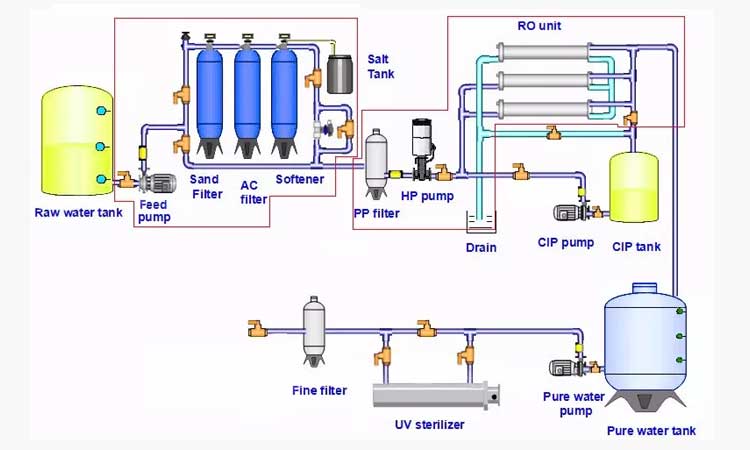
Today's Need for Industrial RO Plants in Various Industries
An Industrial Reverse Osmosis (RO) Plant is a water treatment plant that eliminates hazardous chemicals and impurities through Reverse Osmosis. In this article we are going to discuss the usage of water in various sectors and why it is important to set up an RO plant. Industries need heavy amounts of water for their defined purposes. But, they had limited water to use that is why wastewater treatment methods had to be installed in their industries. Let's discuss in detail why they require a lot of water for manufacturing goods.
RO Water is used to wash fruits and vegetables, manufacture juices, make soft drinks, etc., in the food and beverage industry. While making all these products, industries waste so much water. An RO plant was set up in the industry for the reuse of wastewater. In the pharmaceutical industry, RO water is used to make drugs, handwashes. Industrial RO plants prove to be the best as they contain added minerals that sweeten water taste. Drinking tap water is not suitable for health as it does not remove any impurities from the water.
Pharmaceutical Industry can not use regular water for the manufacturing of drugs as it contains many harmful chemicals. Drugs lose their efficiency if they are made from regular water. Food and beverage manufacturers can not use tap water in making tetra pack juices or soft drinks as it has some ingredients that will lose their real nature. Drinking tap water is not suitable for health because it will increase harmful diseases. In the agriculture industry, farmers can not use normal water in farming. A high level of TDS and organic matter in the water can create problems such as streaking, spotting, and scaling to the water appliances. It compromises their performance and efficiency, leading to an added cost of operations. Tap water contains nitrates linked to cancer, copper, and endocrine-disruptors related to the development of Alzheimer's disease.
A drop of water, if it could write out its own history, would explain the universe to us.- Lucy Larcom
Reverse osmosis (RO) is a water purification process that uses a partially permeable membrane to separate ions, unwanted molecules, and larger particles from drinking water. It blocks contaminants from entering the less concentrated side of the membrane. For example, when pressure is applied to a volume of saltwater during reverse osmosis, the salt is left behind, and only clean water flows through it. Industrial RO plants can be the best solution to remove dissolved solids like arsenic and fluoride through the RO membrane. Using RO plants in industries can save more water as we can reuse the wastewater.
Industries who installed RO plants to reuse the wastewater are discussed here:
The automobile industry uses water for washing, rinsing, and painting. Some commonly found contaminants in the effluents are metals, oils, grease, dyestuff, detergents, chromium, phopsates, paint residuals etc.
- Food & Beverage: In the food industry, RO is applied for concentration of fruits and vegetable juices, pre-concentration of milk and eggs, and dealcoholization of alcoholic beverages.
- Aerospace: Aerospace water usage is caused by the manufacturing, maintenance and cleaning of aircraft, as well as the running of amenities on board them such as sinks and toilets. The benefits of water treatment include the reduction of the company’s environmental footprint and lower operation and maintenance requirements as water is cleaned on-site. This gives the opportunity for companies to market themselves as more environmentally aware and reduces costs to the business over time.
- Pharmaceutical: Reverse osmosis is capable of removing the salts, sugars, proteins, dyes, bacteria and other particles having the molecular weight greater than 250 daltons even viruses. It is effective in removing trihalomethanes (THM’s), pesticides, and volatile organic compounds (VOC).
- Agriculture: RO water is used for crop cooling, irrigation, frost control, and pesticide & fertilizer applications. Without it, growing grains, fruits & vegetables, and raising livestock is not possible. And without livestock, fruits, grains, and vegetables, humans can’t survive.
After going through the whole article, I can draw a concluding statement from here that Reverse Osmosis is the best method for water softening. It gives us clean and pure water by blocking all contaminants. The semipermeable membrane will block all ion particles. Maintenance of the system is handy. The available systems are very compact and require little space. RO water purifier saves us from harmful waterborne diseases, removes heavy metals from drinking water. It also improves metabolism & digestion. RO water purifier helps improve hair & skin.
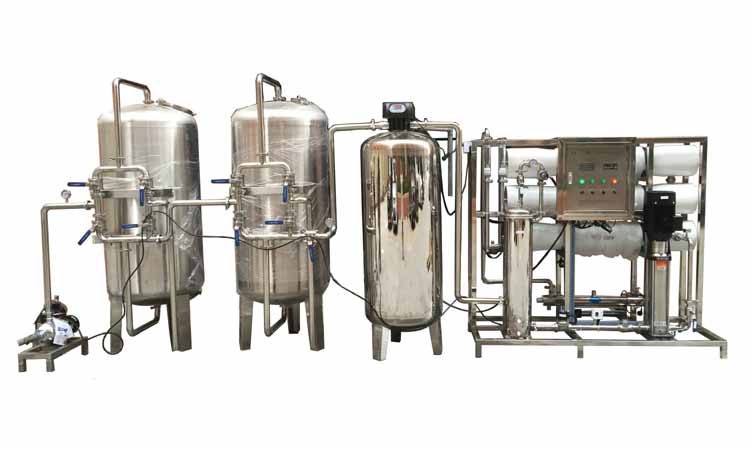
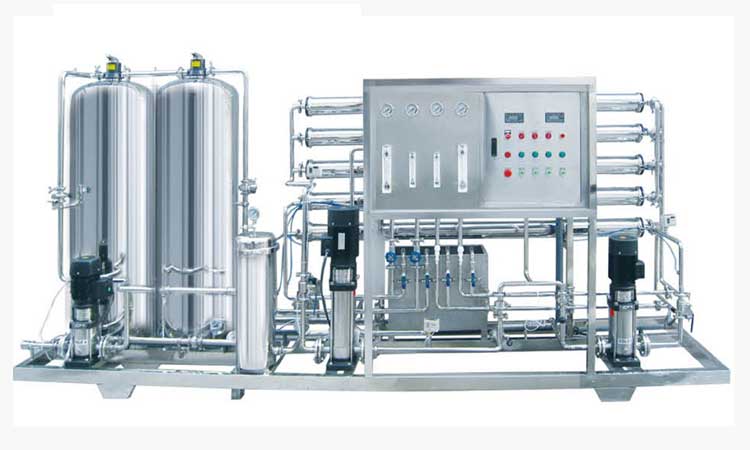
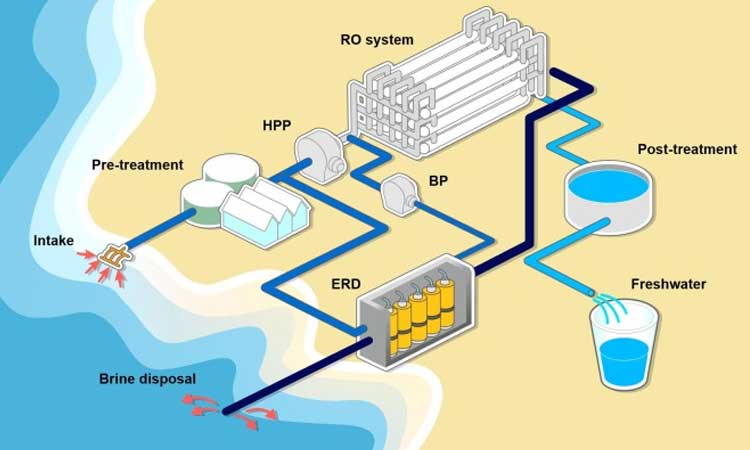
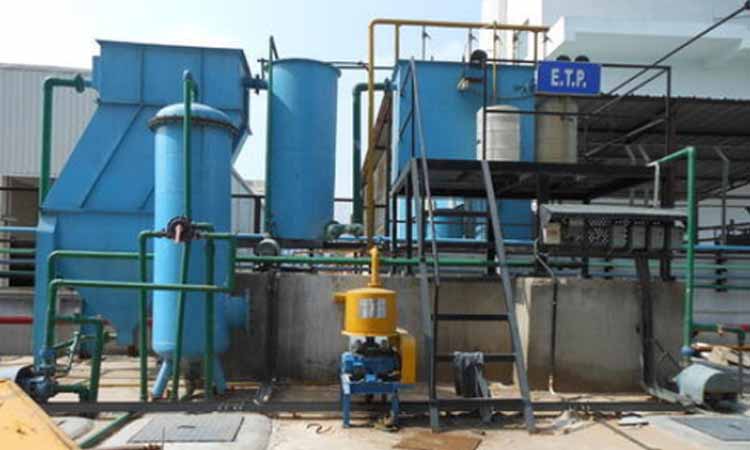
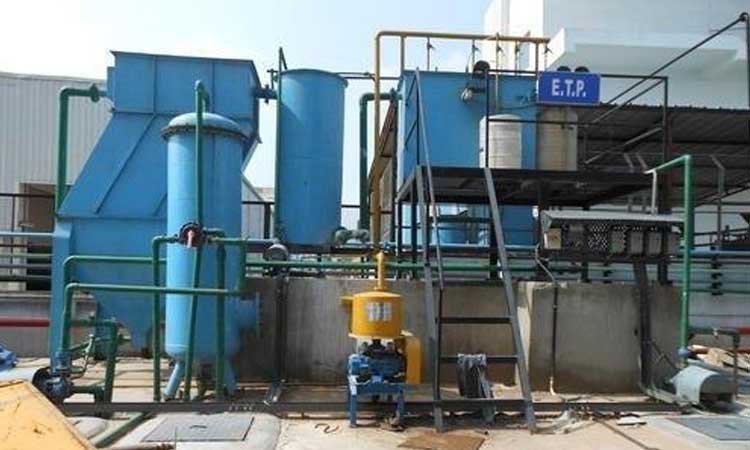
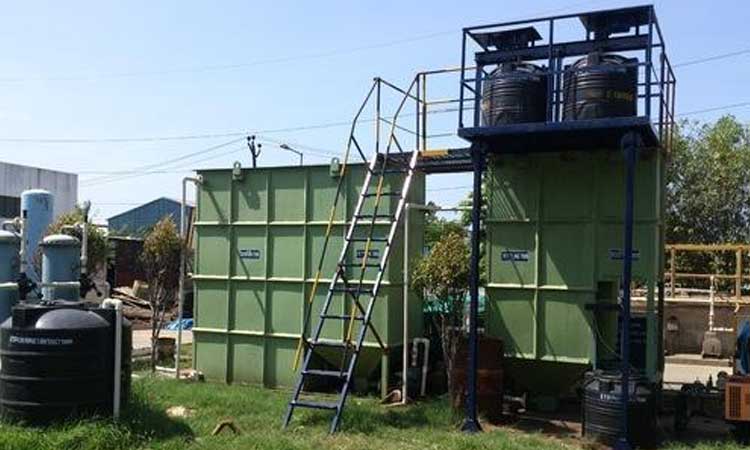
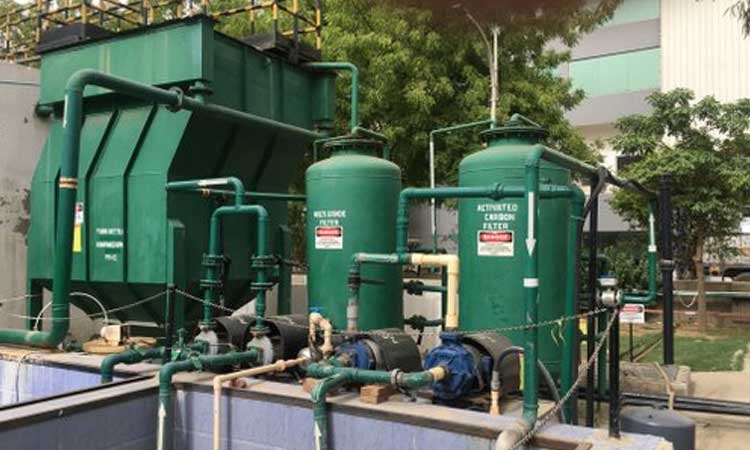

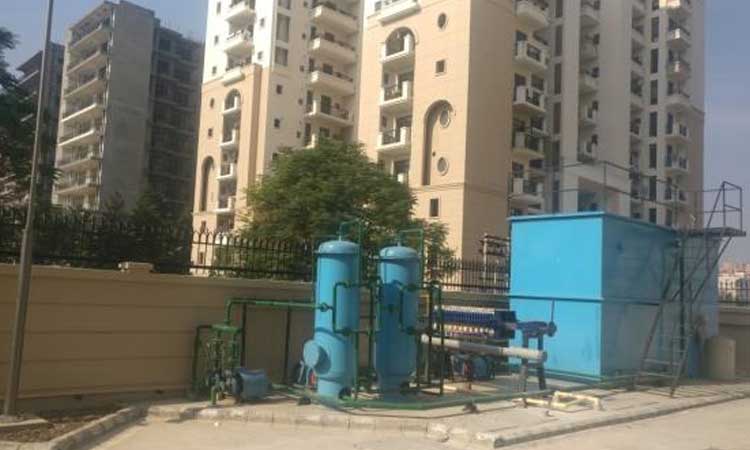
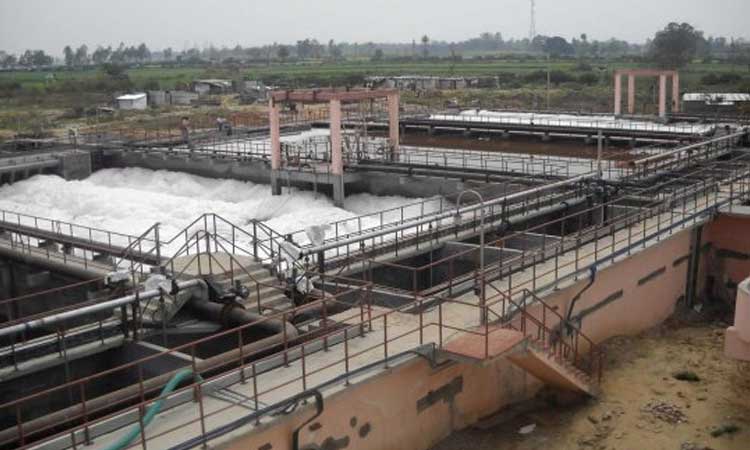
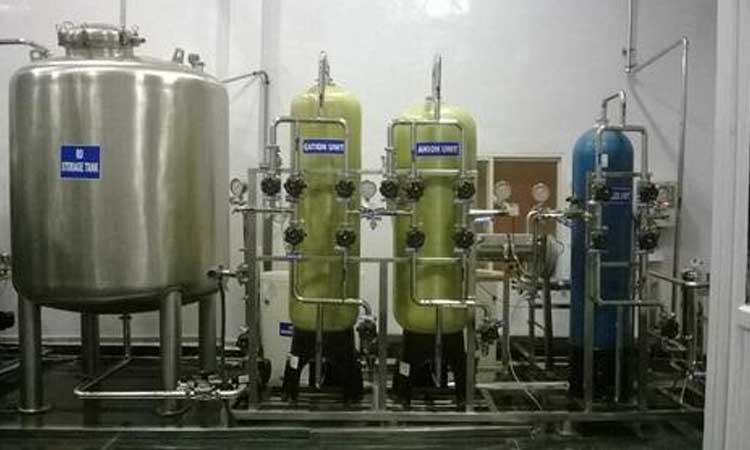

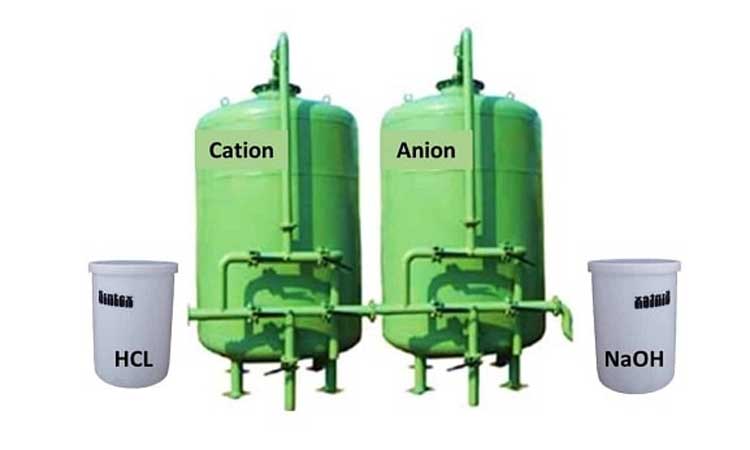


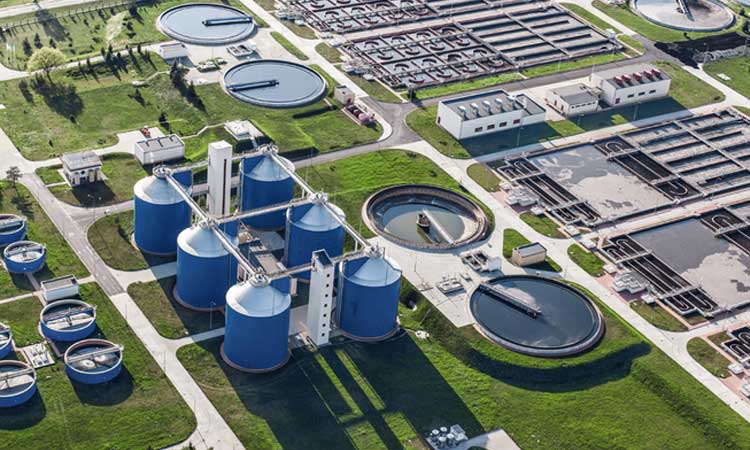

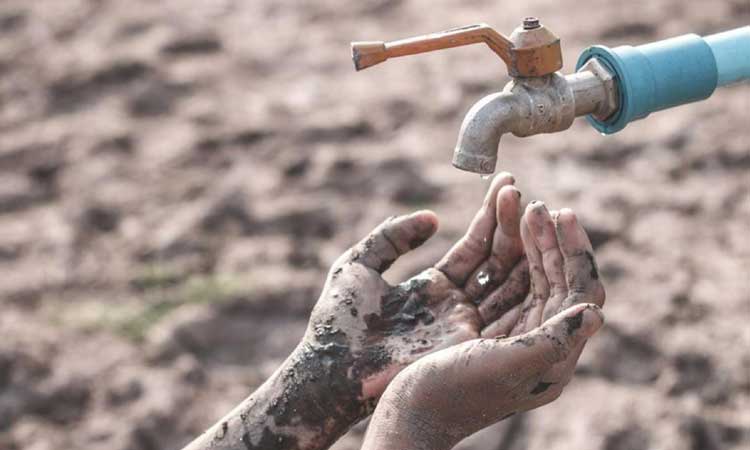
Comments
India’s population is expected to REACH TO ITS EXTREME HIGH By 2025. The Water Resources Group estimates that the country’s available water supply will only meet about half the demand within 18 years.India needs secure and safe supplies of water for sustained growth.
We should save water by exercising some very simple tips in our daily life. Water is more precious than gold.
Used water (also called grey water) coming from bathtub, washing machine, kitchen sink etc may be reused by storing it in a separate storage area. This may be purified and used for daily use.